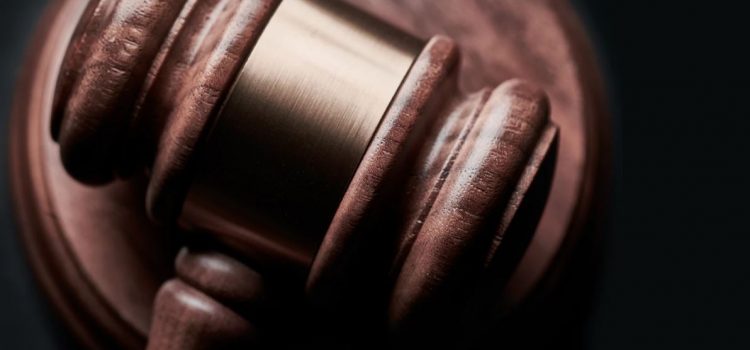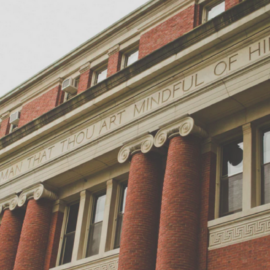

This article is an excerpt from the Shortform book guide to "The 1619 Project" by Nikole Hannah-Jones. Shortform has the world's best summaries and analyses of books you should be reading.
Like this article? Sign up for a free trial here .
What is the connection between racism and sexual violence? How does racism manifest in American rape laws?
The American legal system continues to perpetuate racism in various forms. For example, rape laws in America still echo the racist attitudes of the earlier period by giving black offenders harsher punishments.
Here’s a look at the racism hidden in rape laws.
Rape Laws in America
For Black women, rape laws in America rarely result in justice due to stereotypes developed during slavery. A study conducted in Kansas City and Philadelphia found that prosecutors are 4.5 times more likely to file charges in rapes when the victims are white than Black. And, if the victim is Black, the accused are more likely to be acquitted or receive a light sentence if convicted.
(Shortform note: Recent research reiterates the authors’ claim that prosecutors are much more likely to file rape charges when the victim is white than Black. And experts add that this fact both discourages Black women from reporting rape and puts them at a disproportionate risk of sexual assault. They elaborate that 25% of Black girls are sexually assaulted before turning 18, and for every Black female that reports a rape, at least 15 go unreported. On top of this, Black women are the most likely of all races to be raped in their lifetime.)
The authors argue that these injustices are due to persisting stereotypes from slave times that make Black women and girls out to be hypersexual, or “Jezebels.” These stereotypes developed to justify and encourage the rape of Black women by their white enslavers—the belief claimed that Black women and little girls were promiscuous and always consenting, and therefore couldn’t be “raped.” The stereotype was publicly endorsed by newspapers so that American enslavers would produce more slaves—the children of these rapes became the property of their mothers’ rapists.
Endorsements of the Jezebel Stereotype
According to experts, there’s another component of the Jezebel stereotype that encouraged white men to prey on Black women: White men mistakenly believed that the women weren’t satisfied during sex with Black men and that they desired white men instead. White men mistook this stereotype for consent, and therefore didn’t consider forced sex with these women rape.
Further, the Jezebel stereotype was endorsed not only through newspapers but also by the institution of slavery itself. Enslavers “encouraged” young girls to have sex as practice to become “breeders.” If they resisted, they were often either raped, beaten, or both. And when they complied, it confirmed what enslavers saw as their inherent promiscuity. So the ways that society treated Black women also endorsed the Jezebel stereotype—they couldn’t fight against their mistreatment for fear of violence, but because they didn’t resist, the Jezebel stereotype was confirmed for white society.

———End of Preview———
Like what you just read? Read the rest of the world's best book summary and analysis of Nikole Hannah-Jones's "The 1619 Project" at Shortform .
Here's what you'll find in our full The 1619 Project summary :
- A reframing of American history with the institution of slavery at its core
- How democracy as we know it today was largely built by enslaved Blacks
- The racist institutions that persist today that originated from slavery






